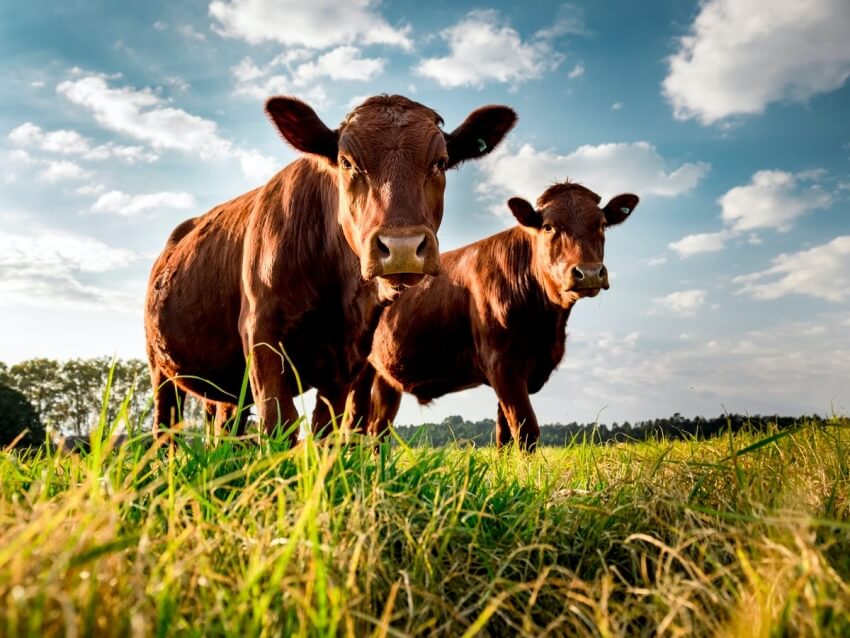
Namibia has taken proactive measures to control ticks following an outbreak of Crimean-Congo Haemorrhagic Fever (CCHF). The Ministry of Agriculture, Water and Land Reform has issued a directive for the enforcement of tick control activities at all animal gathering events to prevent the further spread of the disease among livestock. This action is in line with the Animal Gathering Events Protocol.
Dr Albertina Shilongo, the Chief Veterinary, emphasized the importance of regular inspections and supervision of tick control activities at high-risk animal establishments and auction facilities. Animal handlers have been urged to ensure that animals are free from ticks and to wear protective clothing during slaughtering procedures. Additionally, all animal producers are encouraged to use approved Acaricides, which are substances used to control tick infestations.
The Ministry of Health and Social Services recently announced the outbreak of Crimean-Congo Haemorrhagic Fever, with the first case reported in Gobabis, located in the Omaheke region. Since 2016, a total of seven cases have been reported, resulting in three fatalities. The directorate has issued a warning, highlighting that CCHF is a severe haemorrhagic viral disease that can be transmitted to humans through infected ticks, tick bites, contact with infected blood or tissues of wild or domestic animals, and physical contact with the body fluids of an infected person.
Infected animals may not display any clinical signs, but they can experience a mild fever. However, in infected humans, symptoms appear suddenly and include fever, dizziness, neck pain and stiffness, backache, headache, sore eyes, and sensitivity to light. The ministry further explained that early signs may also include nausea, vomiting, diarrhea, abdominal pain, and sore throat, followed by sharp mood swings and confusion.
Tick control measures are crucial in preventing the spread of CCHF and protecting both livestock and humans. Ticks are known to transmit a variety of diseases, and effective control strategies are essential in mitigating the risks associated with these vectors. By enforcing tick control activities at animal gathering events, Namibia aims to minimize the chances of tick-borne diseases spreading among livestock populations, subsequently reducing the risk of transmission to humans.
Tick control measures typically involve a combination of preventive strategies, including the use of acaricides, habitat modification, and proper animal husbandry practices. Acaricides, such as insecticides or chemical agents specifically targeting ticks, are applied to animals or their surroundings to kill or repel ticks. Regular inspections and monitoring help identify areas with high tick infestations, allowing for targeted control measures.
In addition to tick control, raising awareness among animal handlers, producers, and the general public about the risks associated with tick-borne diseases is crucial. Providing information on disease symptoms, preventive measures, and the importance of early detection and treatment can significantly contribute to reducing the impact of such outbreaks. Collaboration between the Ministry of Agriculture, Water and Land Reform and the Ministry of Health and Social Services is essential in implementing comprehensive control strategies and ensuring a coordinated response to tick-borne diseases.
By imposing tick control measures following the CCHF outbreak, Namibia demonstrates its commitment to safeguarding the health and well-being of its livestock and human populations. These proactive measures not only mitigate the risks posed by tick-borne diseases but also contribute to the overall management and control of vector-borne illnesses in the country.



















Leave a Reply